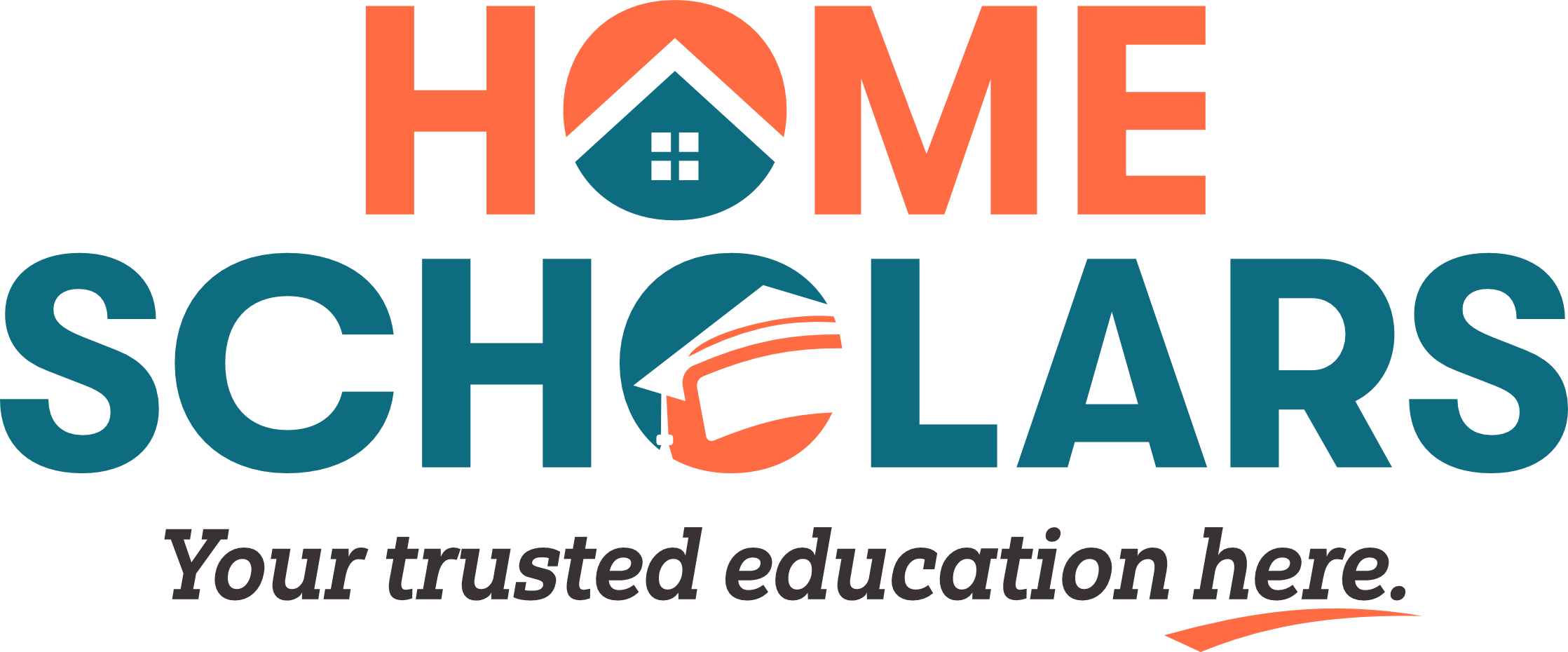Success in academics isn’t just about studying hard before a test or assignment—it’s also about learning afterward. One of the most powerful habits students can develop is reflection. Reflecting on what went well, what didn’t, and why, can greatly improve future performance. In this blog, we will explore why post-test and post-assignment reflection is so important and how it can change a student’s learning journey.
What is Reflection?
Reflection means thinking deeply about your experiences, actions, and results. After a test or assignment, it involves asking yourself questions like:
- What did I do well?
- Where did I make mistakes?
- How can I improve next time?
Reflection helps transform every test and assignment from a one-time event into a learning opportunity.
Why Reflection Matters
1. Identifies Strengths and Weaknesses
Reflection helps students clearly see their strong areas and the topics they need to work on. Without reflection, it’s easy to keep repeating the same mistakes.
Recognizing strengths can build confidence, while identifying weaknesses provides direction for future study sessions.
2. Improves Learning Strategies
Sometimes poor performance isn’t about not working hard enough—it’s about using the wrong study strategies. Reflection helps students understand whether their methods were effective or if they need a better plan.
It could be anything from poor time management to misunderstanding the way a concept was taught. Once recognized, better strategies can be adopted.
3. Reduces Fear of Failure
When students treat mistakes as learning opportunities, failure becomes less scary. Reflection builds resilience. Instead of feeling defeated after a bad grade, students learn to focus on what they can do differently next time.
It turns failures into stepping stones rather than roadblocks.
4. Encourages Active Learning
Reflecting on test and assignment performance makes learning more active. Students stop being passive receivers of information and become active participants in their education.
They start asking better questions, making connections, and thinking critically—skills that are important beyond school life.
5. Builds Accountability
Through reflection, students learn to take responsibility for their learning. They realize that their effort, attention, and strategies directly impact their results. This sense of ownership leads to better commitment and motivation.
How to Reflect Effectively After Tests and Assignments
Reflection doesn’t have to be complicated. Here’s a simple approach students can use after every test or assignment:
1. Review the Work Carefully
Take time to go through the test paper or assignment carefully. Identify which questions or parts were answered correctly and which ones were not.
Pay special attention to:
- Patterns in mistakes
- Types of questions missed
- Topics that caused confusion
2. Ask the Right Questions
Self-questioning is the heart of reflection. Some helpful questions include:
- What parts of the material did I understand well?
- Where did I struggle?
- Was I confident about the answers I got wrong?
- Did I run out of time or rush?
- Was my preparation effective?
3. Analyze the Preparation Process
Look back at how you prepared. Ask yourself:
- Did I start preparing early enough?
- Was my study environment free from distractions?
- Did I practice enough with sample papers or revision?
- Did I focus more on reading or active practice?
Understanding the preparation process can reveal important changes needed for next time.
4. Create an Improvement Plan
Based on the reflection, make a short and specific plan for improvement. This could include:
- Studying certain chapters again
- Asking for help from a teacher or tutor
- Practicing different types of questions
- Changing study techniques (e.g., using flashcards, making summaries)
Small adjustments made consistently can bring big improvements over time.
5. Keep a Reflection Journal
Maintaining a journal to note reflections after every test or assignment can be very helpful. Over time, patterns will emerge, showing areas of growth and recurring challenges.
A reflection journal also keeps students accountable and encourages continuous improvement.
The Role of Teachers and Parents
Teachers and parents can encourage the habit of reflection by:
- Discussing tests and assignments openly
- Helping students see mistakes positively
- Asking reflective questions instead of just praising or criticizing
- Setting goals together for the next assignment
Positive support makes reflection a motivating, rather than discouraging, process.
Reflection and Growth Mindset
Reflection supports the development of a growth mindset—the belief that intelligence and ability can be improved with effort and good strategies.
Instead of thinking, “I’m just bad at math,” a student with a growth mindset says, “I didn’t understand this concept yet, but I can learn it with practice.”
Reflection trains the mind to think this way, building confidence and perseverance.
Challenges Students Face in Reflection
While reflection is very beneficial, students may find it challenging at first. Common difficulties include:
- Feeling uncomfortable analyzing mistakes
- Not knowing how to reflect effectively
- Being too harsh on themselves
- Rushing through the reflection process
To overcome these challenges, reflection should be treated as a supportive and non-judgmental practice. It’s about learning, not blaming.
Final Thoughts
Tests and assignments should not just be about grades—they should be about growth. Reflection is the bridge between doing something and truly learning from it.
When students take time to understand their results, analyze their preparation, and plan better strategies, they turn every test and assignment into a stepping stone toward greater success.
Developing the habit of regular reflection builds smarter learners, stronger problem-solvers, and more confident individuals ready to tackle future challenges—not just in school, but in life.
“Each test is not a final result; it is a mirror showing how much farther we can go with reflection and action.”




